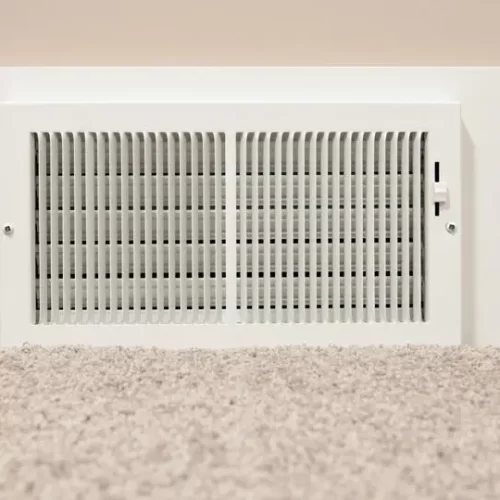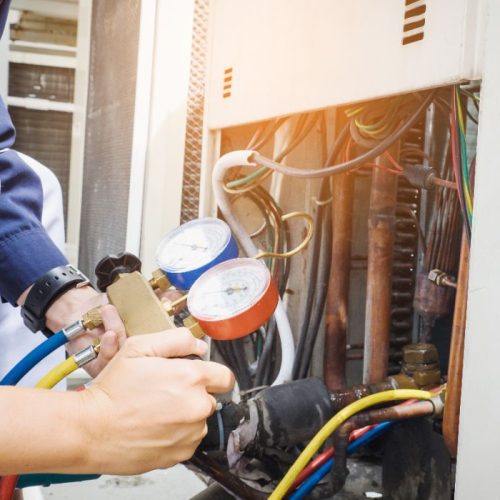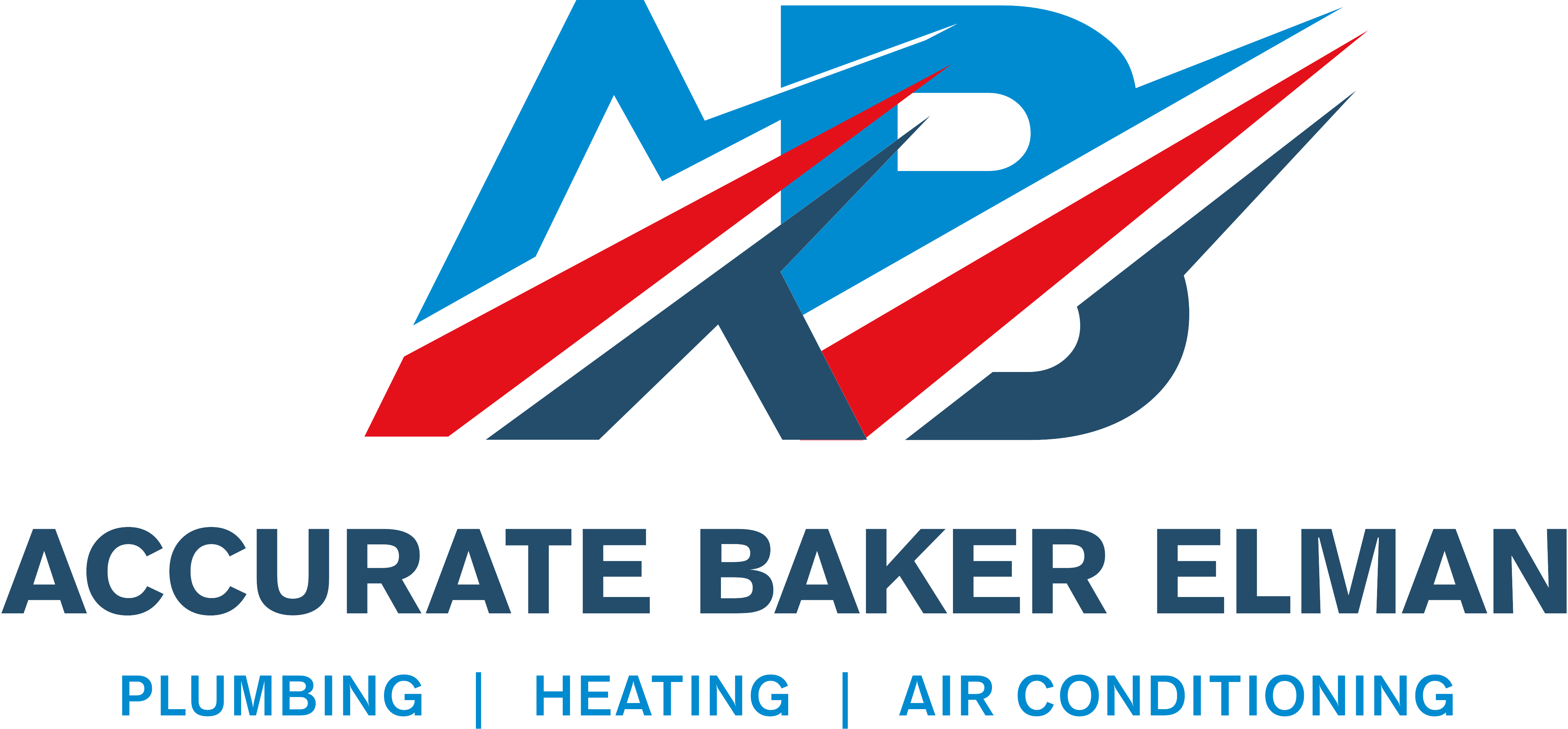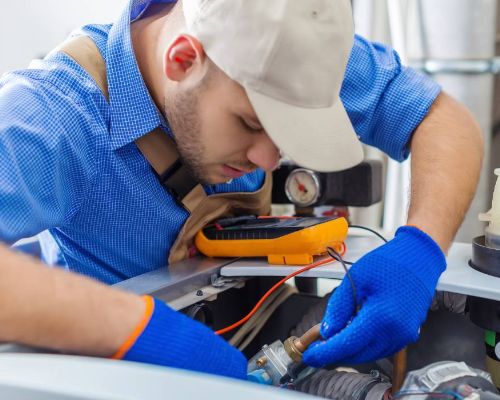HVAC Blogs
The Role of HVAC Systems in Improving Air Quality in Massachusetts
When it comes to the quality of the air we breathe, Massachusetts has made significant progress in recent years. However, there are still areas of concern that need to be addressed, such as smog. In this blog post, we will take a closer look at the current state of air quality in Massachusetts, including the main sources of pollution and their impact on public health. We will also discuss the steps being taken to improve air quality and what individuals can do to contribute to cleaner air and mitigate the potential health effects. So, if you’re a resident of Massachusetts who cares about the environment and your health, keep reading to learn more about the air you breathe every day.
The Air Quality Index (AQI) and its Importance
The Air Quality Index (AQI) provides real-time information about air pollution levels, including ozone and pm. Understanding the AQI helps individuals make informed decisions to protect their health. It is based on measurements of various pollutants in the air, with different pollutant levels corresponding to different AQI categories. AQI is commonly used by government agencies and health organizations to analyze the quality of air anywhere with accurate & compact gas & pm sensors.
Interpreting the AQI: What do the Colors Mean?
The colors of the Air Quality Index (AQI) provide valuable information about air quality in Massachusetts. Green indicates good air quality with minimal health risks, while yellow signifies moderate air quality that may cause issues for sensitive individuals. Orange indicates unhealthy air quality for sensitive groups, red signifies unhealthy air quality for everyone, and purple indicates very unhealthy air quality with serious health risks.
Trends in Air Quality in Massachusetts
Massachusetts has made significant strides in improving air quality over the years, thanks to reductions in emissions from vehicles and power plants. However, certain areas still face challenges in reducing pollution levels, which can have detrimental effects on public health. Climate change and extreme weather events can also exacerbate these issues, leading to an increase in the risk of premature death among Massachusetts residents. Continued efforts to tighten federal air quality standards for fine particulate pollution, such as asthma attacks, are crucial for maintaining and improving air quality in the state.
Major Cities with the Best and Worst Air Quality
Boston consistently ranks among the cities with the best air quality in Massachusetts. Springfield, on the other hand, has been identified as one of the cities with the worst air quality, particularly in the month of July. Other cities like Worcester and Lowell have made improvements but still face air pollution challenges. Efforts are underway to address air pollution and improve the health of residents in these cities. Generally, the air quality at Massachusetts starts deteriorating in late October. The winters are the worst-hit season in terms of air pollution.Introduction to HVAC Systems
HVAC systems, short for Heating, Ventilation, and Air Conditioning, control temperature, humidity, and airflow indoors. They are essential for maintaining comfortable and healthy indoor environments in residential, commercial, and industrial buildings. Modern HVAC systems are energy-efficient, equipped with advanced technologies.

How HVAC Systems Work
HVAC systems regulate temperature using heating and cooling equipment. Ventilation systems introduce fresh air and remove stale air. Air conditioning units cool the air by removing heat and humidity, while heating systems provide warmth. Ductwork is used to distribute conditioned air throughout the building.
The Role of HVAC Systems in Indoor Air Quality
HVAC systems contribute to better indoor air quality by maintaining proper ventilation, reducing pollutants, and preventing mold growth. Well-maintained HVAC systems with regular maintenance and filter replacement ensure healthier living spaces. Filtration systems remove dust, allergens, and other particles, enhancing air quality.Importance of Regular HVAC Maintenance
Regular HVAC maintenance ensures efficient and effective operation. Cleaning and inspecting components prevent debris from compromising air quality. Routine maintenance addresses potential issues early on, avoiding major problems. Well-maintained systems have lower costs, longer lifespan, and maintain warranty coverage.Advanced HVAC Technologies for Improved Air Quality
Energy Recovery Ventilators (ERVs) bring in fresh air while recovering heat or cooling from outgoing air. UV-C germicidal lamps in HVAC systems kill bacteria and viruses in the air. High-efficiency air filters capture more airborne particles, improving indoor air quality. Smart thermostats optimize HVAC system performance and energy usage. Zoning systems allow for personalized temperature control in different areas of a building.

Energy Recovery Ventilators (ERVs) and their role in improving air quality
Energy recovery ventilators (ERVs) play a crucial role in improving indoor air quality. By providing a constant supply of fresh air, ERVs help reduce indoor pollutant levels. Additionally, these systems recover energy from outgoing air, enhancing the efficiency of HVAC systems. Particularly beneficial in tightly sealed buildings with limited natural ventilation, ERVs help maintain a healthy balance between energy conservation and indoor air quality. They can be integrated into existing HVAC systems or installed as standalone units.When Should I Consider Upgrading My HVAC System?
If you observe a decline in energy efficiency, frequent breakdowns, or outdated technology, it would be wise to contemplate upgrading your HVAC system. By doing so, you can enhance the quality of indoor air and minimize health hazards through the utilization of advanced features that provide superior comfort and control.Identifying Signs of an Aging HVAC System
Signs of an aging HVAC system include poor airflow, inconsistent temperature regulation, strange noises or odors, increased energy bills, frequent repairs, and breakdowns. If your HVAC system is more than 10-15 years old, it may be time to consider upgrading to improve air quality and overall performance.How have HVAC Systems Affected Air Quality Over Time in Massachusetts?
Over time, HVAC systems have significantly impacted air quality in Massachusetts. With proper ventilation, these systems effectively remove pollutants and allergens, leading to healthier living environments. Older HVAC systems may contribute to higher pollution levels, but upgrading to newer models can help reduce asthma and respiratory issues. Improved air quality is essential for overall well-being.Conclusion
HVAC systems have a crucial role in enhancing air quality, particularly in Massachusetts where air quality concerns have been observed. The introduction of advanced HVAC technologies such as Energy Recovery Ventilators (ERVs) now allows for the improvement of air quality by reducing pollutants and increasing ventilation. It is also essential to regularly maintain HVAC systems to ensure optimal performance and prevent any degradation of air quality. At Accurate Baker Elman, we recognize the significance of clean air and are dedicated to assisting Massachusetts residents in achieving it. Get in touch with us today for professional HVAC services and upgrades that will enhance your indoor air quality and overall comfort. Enjoy peace of mind with Accurate Baker Elman.

